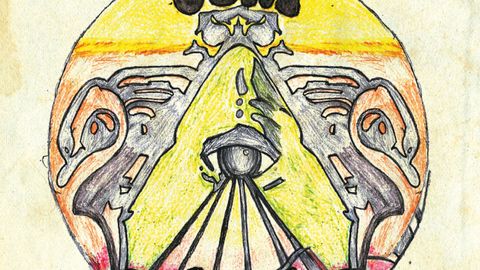Surf City have been refining their winsome dream-pop for over a decade now.
This third album, following on from 2013’s We Knew It Was Not Going to Be Like This, finds them aglow with good-time vibes, their honeyed melodies coated in a thick glaze of psychedelia and fuzzed-up guitars. For the most part it’s very easy on the ear, which is not to say there’s little going on here, only that it moves along at its own langorous pace. The mood is further heightened by the muggy vocals of singer/guitarist Davin Stoddard, who sounds like a softer version of Joey Ramone when he’s not intoning like Pete Kember. Indeed, Kember’s group Spacemen 3 is a good reference point for Surf City, whose hallucinogenic space-rock recalls that band’s 80s landmark, Playing With Fire, and Paisley Underground luminaries The Dream Syndicate. Beat The Summer Heat, Indian Summer and One Too Many Things, with its gorgeous, gliding chord progression, are all highly infectious. The trippy Thumbs Up, meanwhile, is positively euphoric, as is The End, with its flurries of itchy beats. There’s probably a limit to how long they can keep doing this, but for now it works exceedingly well.


